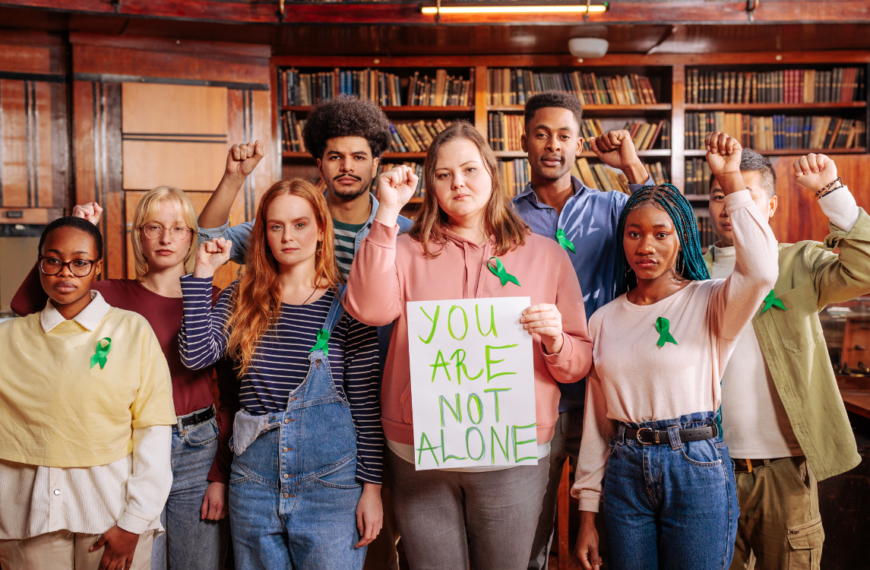Mental health is an essential component of overall well-being, yet accessing quality mental health services can be a challenge, particularly for those with limited financial resources. Fortunately, many communities offer free or low-cost mental health services designed to support individuals in need. This blog post will explore various ways to access these vital resources, the types of services available, and tips for navigating the mental health care landscape.
Understanding the Importance of Mental Health Services
Mental health issues affect millions of people, regardless of age, gender, or socioeconomic status. Untreated mental health conditions can lead to serious consequences, including diminished quality of life, strained relationships, and even physical health problems. Access to mental health services is crucial for individuals seeking to improve their emotional well-being and cope with life’s challenges.
Types of Free and Low-Cost Mental Health Services
- Community Mental Health Centers:
Many areas have community mental health centers that offer a range of services, including counseling, psychiatric evaluations, and medication management at little to no cost. These centers are often funded by local governments and aim to provide accessible mental health care to residents. - Nonprofit Organizations:
Various nonprofit organizations focus on mental health support and offer free or sliding-scale services. These organizations may provide therapy, support groups, workshops, and crisis intervention. Look for local nonprofits dedicated to mental health or specific issues, such as depression or anxiety. - University Counseling Programs:
Universities with psychology or social work programs often have training clinics where graduate students provide therapy under the supervision of licensed professionals. These services are usually offered at reduced rates or even for free, making them an excellent option for those seeking affordable care. - Hotlines and Online Resources:
National and local hotlines provide immediate support for individuals in crisis. These services are often free and can connect you with trained professionals who offer guidance and resources. Additionally, many online platforms provide free mental health resources, including self-help guides and virtual support groups. - Support Groups:
Peer-led support groups offer a space for individuals to share their experiences and coping strategies. These groups are typically free and provide a sense of community, reducing feelings of isolation. Look for local support groups focusing on specific mental health issues or general well-being. - Public Health Departments:
Many local health departments offer mental health services as part of their public health initiatives. These services may include counseling, screenings, and referrals to additional resources, often at little to no cost.
How to Access These Services
- Research Local Resources:
Start by researching mental health services available in your community. Websites like MentalHealth.gov or the National Alliance on Mental Illness (NAMI) can help you find resources in your area. Local directories or community bulletin boards may also list available services. - Reach Out to Community Centers:
Community centers often have information about local mental health resources and can help connect you with available services. Don’t hesitate to ask for assistance; staff members are usually knowledgeable about community programs. - Contact Nonprofit Organizations:
Reach out to nonprofit organizations dedicated to mental health. They can provide information about available services, eligibility requirements, and how to access them. - Visit Local Universities:
If you’re near a university, check if they have a counseling program offering low-cost therapy. Many universities advertise their services online or in community centers. - Utilize Hotlines:
If you are in crisis or need immediate support, don’t hesitate to call a hotline. They can provide immediate assistance and guide you to local resources. - Ask Your Primary Care Provider:
If you have a primary care physician, they can often recommend mental health services or refer you to affordable options based on your needs.
Tips for Navigating Mental Health Services
- Be Open About Your Needs: When seeking help, be honest about your financial situation and what services you require. Many providers are willing to work with you to find a suitable solution.
- Explore Sliding Scale Fees: Some providers offer a sliding scale based on income, making services more affordable. Ask about this option when inquiring about services.
- Follow Up: If you don’t receive immediate help or if services aren’t a good fit, don’t hesitate to seek additional resources. Persistence is essential in finding the right support.
- Engage with Your Community: Attend local events or workshops focused on mental health. Engaging with your community can help you discover new resources and meet individuals who share similar experiences.
Conclusion
Accessing free and low-cost mental health services is possible with the right information and determination. By leveraging community resources, nonprofit organizations, and local programs, individuals can find the support they need to improve their mental health. Remember, prioritizing mental well-being is essential, and seeking help is a sign of strength. If you or someone you know is struggling, take the first step today to explore the many resources available in your community. Together, we can create a healthier and more supportive environment for everyone.

















